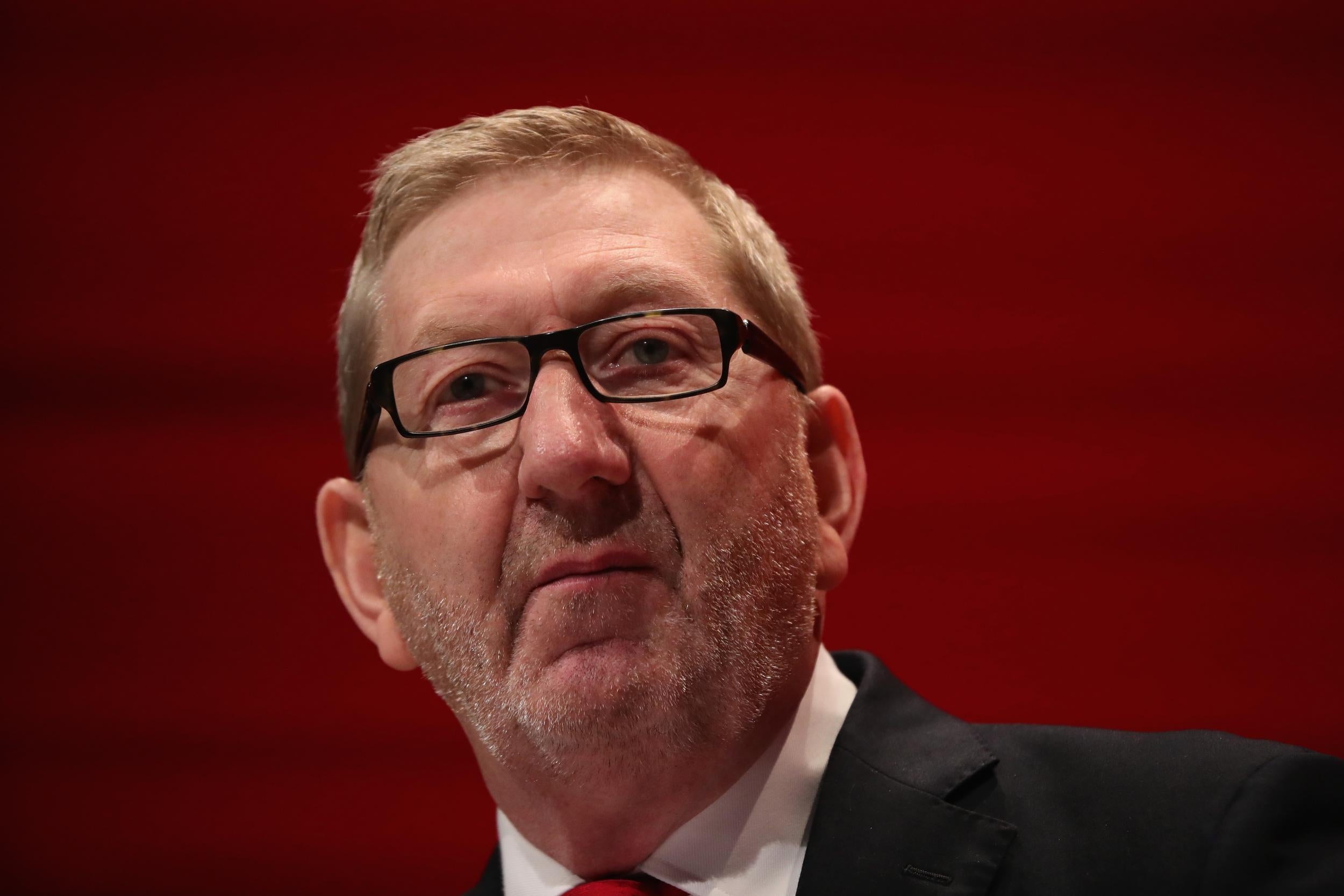Your support helps us to tell the story
From reproductive rights to climate change to Big Tech, The Independent is on the ground when the story is developing. Whether it's investigating the financials of Elon Musk's pro-Trump PAC or producing our latest documentary, 'The A Word', which shines a light on the American women fighting for reproductive rights, we know how important it is to parse out the facts from the messaging.
At such a critical moment in US history, we need reporters on the ground. Your donation allows us to keep sending journalists to speak to both sides of the story.
The Independent is trusted by Americans across the entire political spectrum. And unlike many other quality news outlets, we choose not to lock Americans out of our reporting and analysis with paywalls. We believe quality journalism should be available to everyone, paid for by those who can afford it.
Your support makes all the difference.Critics rounded on the Government today as it published the full detail of new laws aimed at cracking down on excessive boardroom pay.
Theresa May promised strong policies to tackle fat cats whom she branded the “unacceptable face of capitalism”, but her opponents claimed the measures announced had been severely watered down.
Confirming the Government’s plans, Business Secretary Greg Clark said: “Today’s reforms will build on our strong reputation and ensure our largest companies are more transparent and accountable to their employees and shareholders.”
Proposals include making all listed companies reveal the pay ratio between bosses and workers and justify the difference.
Listed firms with significant shareholder opposition to executive pay packages will also have their names included on a public register and employees will be given a voice in the boardroom.
It will be delivered via a non-executive director to represent employees, an employee advisory council or a director nominated from the workforce.
But plans to legislate that employees have direct representation on boards and shareholders a greater say over executive pay were ditched.
Liberal Democrat leader and former business secretary Sir Vince Cable dismissed the Government’s approach as “strong on rhetoric, weak on action”.
TUC general secretary Frances O’Grady said: “This is a far cry from Theresa May’s promise to crackdown on corporate excess.
“It’s a feeble proposal, spelling business as usual for board rooms across Britain.
“The Prime Minister’s pledge to put workers on company boards has been watered down beyond all recognition.”
Leader of the Unite union, Len McCluskey, added: “Once again the big business lobby has brought the Tory party to heel.”
CBI president Paul Drechsler said that unacceptable behaviour of a few firms does not reflect the “high standards and responsible behaviour” of the vast majority of companies, as he backed the thrust of Ms May’s moves.
Director general of the Institute of Directors, Stephen Martin, added: “Pay ratios will sharpen the awareness of boards on the issue of remuneration, but they can be a crude measure.
“Companies will have to prepare themselves to explain how pay as a whole in their business operates, and why executives are worth their packages.”

Join our commenting forum
Join thought-provoking conversations, follow other Independent readers and see their replies
Comments